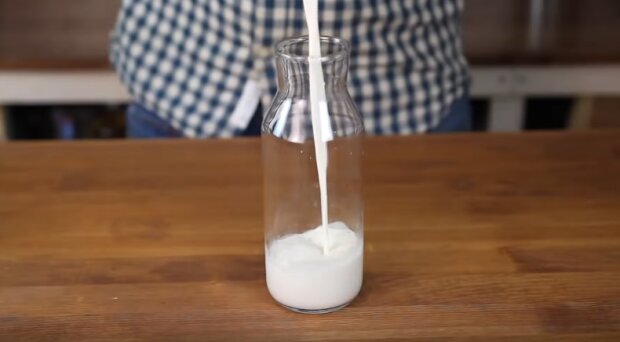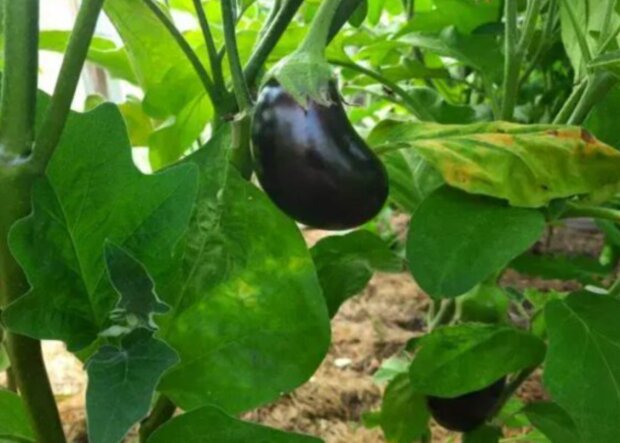This product not only fertilizes plants but also protects them from diseases. However, caution is advised: not all crops will respond positively to such an unusual remedy.

Which Plants Prefer Milk?
If you want to nourish your plants with milk, consider these crops:
- Cucumbers
- Tomatoes
- Onions
These garden favorites respond well to milk-based fertilizers, which strengthen their immunity and promote active growth.
Caution: Dangerous for Peppers and Eggplants
Not all plants "enjoy" milk equally. For instance, peppers and eggplants can suffer significantly from this type of fertilizer. Therefore, before using milk, ensure it is suitable for your crops.

How to Properly Use Milk in the Garden
It is important to remember that milk should not be used in its pure form. To create an effective fertilizer, it must be diluted with water.
Here’s a tested recipe for a milk solution:
- Milk — 1.5 liters
- Water — 7.5 liters
- Iodine — 8 drops
The resulting mixture should be carefully poured into the trenches dug around the plants. This method helps deliver nutrients directly to the roots, providing the plants with everything necessary for growth and protection against diseases.
Additional Benefits
Using milk in the garden is not only a form of fertilization but also a disease prevention measure. The iodine in the solution effectively combats pathogenic microorganisms, reducing the risk of plant infections.
